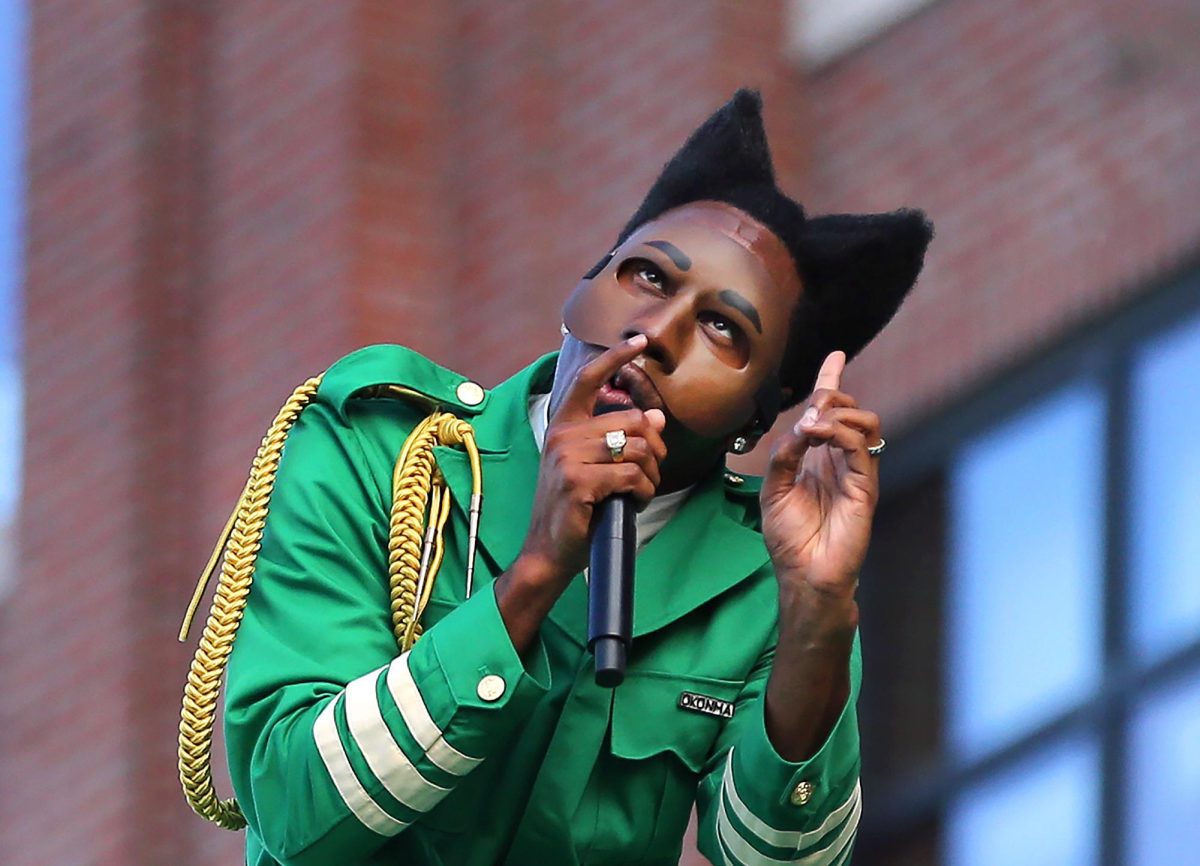Pitt’s campus reflects on Iraq troop withdrawal
October 27, 2011
After one of the longest wars in U.S. history, the troops are coming home.
Last week,… After one of the longest wars in U.S. history, the troops are coming home.
Last week, President Barack Obama said that American troops will be out of Iraq by Dec. 31, in line with his campaign promise. But the decision wasn’t met with unanimous praise. On Pitt’s campus, the announcement proved divisive, as ROTC students and a political science professor contemplate Obama’s decision.
The announcement significantly alters many ROTC cadets’ expectations for the future, especially because they mentally prepared for the possibility of being deployed to Iraq.
Senior Seth Kerr, a cadet S3 operations officer in Pitt’s ROTC, said that during his freshman and sophomore years, being deployed to Iraq was a “very real possibility.” Now, after the withdrawal of troops from Iraq, he thinks he is more likely to be deployed to Afghanistan.
“I will be deploying if they will still be deploying troops one or two years after I graduate,” Kerr, a political science major, said about Obama’s decision to continue to keep troops in Afghanistan.
Other ROTC members said the decision surprised them and that they feel there is still work remaining in Iraq — specifically, having American officers stay to help stabilize the Iraqi political system.
Bryan Szczur, a junior Army ROTC cadet, said he felt neutral after Obama’s announcement.
“At first I thought, ‘OK, that’s good.’ But I still think we should have kept them there a little bit longer. That’s why I was sort of confused at first,” the marketing major said.
Szczur said that when he joined the program two years ago, he did not expect the U.S. to withdraw from Iraq so soon.
In his address from Washington, D.C., Obama said that the U.S. will continue to help Iraq train and equip its forces, “just as we offer training and assistance to countries around the world.”
Obama said he will continue to work with Iraqi Prime Minister Nouri al-Maliki as the country works to establish a democratic state.
“We’ll partner with an Iraq that contributes to regional security and peace, just as we insist that other nations respect Iraq’s sovereignty,” Obama said.
Jonathan Harris, a Pitt international relations professor, said he does not think that Obama made the announcement as an election tactic.
“I think that [Obama] has come to the conclusion that the Iraq government has the capacity to deal with any threats to its existence and that there is no longer a major role for the United States,” he said.
The Iraqi withdrawal came soon after Obama announced that troops would leave Afghanistan in 2014. The U.S. invaded Afghanistan in 2001 with the goal of creating a viable democratic state. Obama said in his address that the U.S. has also begun withdrawing troops from Afghanistan.
“Now, even as we remove our last troops from Iraq, we’re beginning to bring our troops home from Afghanistan, where we’ve begun a transition to Afghan security and leadership,” he said.
Kerr said that Obama’s announcement that the American troops will be coming home is exciting for the families of the soldiers.
“They have sacrificed a lot,” he said. “It is good for the soldiers to get back and have some time to relax and recuperate. It is a difficult process to be away from family for 12 to 18 months.”
But he said the complete and hasty withdrawal was surprising..
“I thought in some capacity we would still have trainers there,” he said.
Harris said that although the Iraq war is over, he thinks there might still be problems in the recovering country.
“There is still a threat of guerrilla warfare and civil war in the country, and I think the Pentagon came to the conclusion that the threat is there, and the Iraqi government has the resources to handle it. And if it gets too bad, then the whole question is whether or not the U.S. would go back in again,” Harris said.


